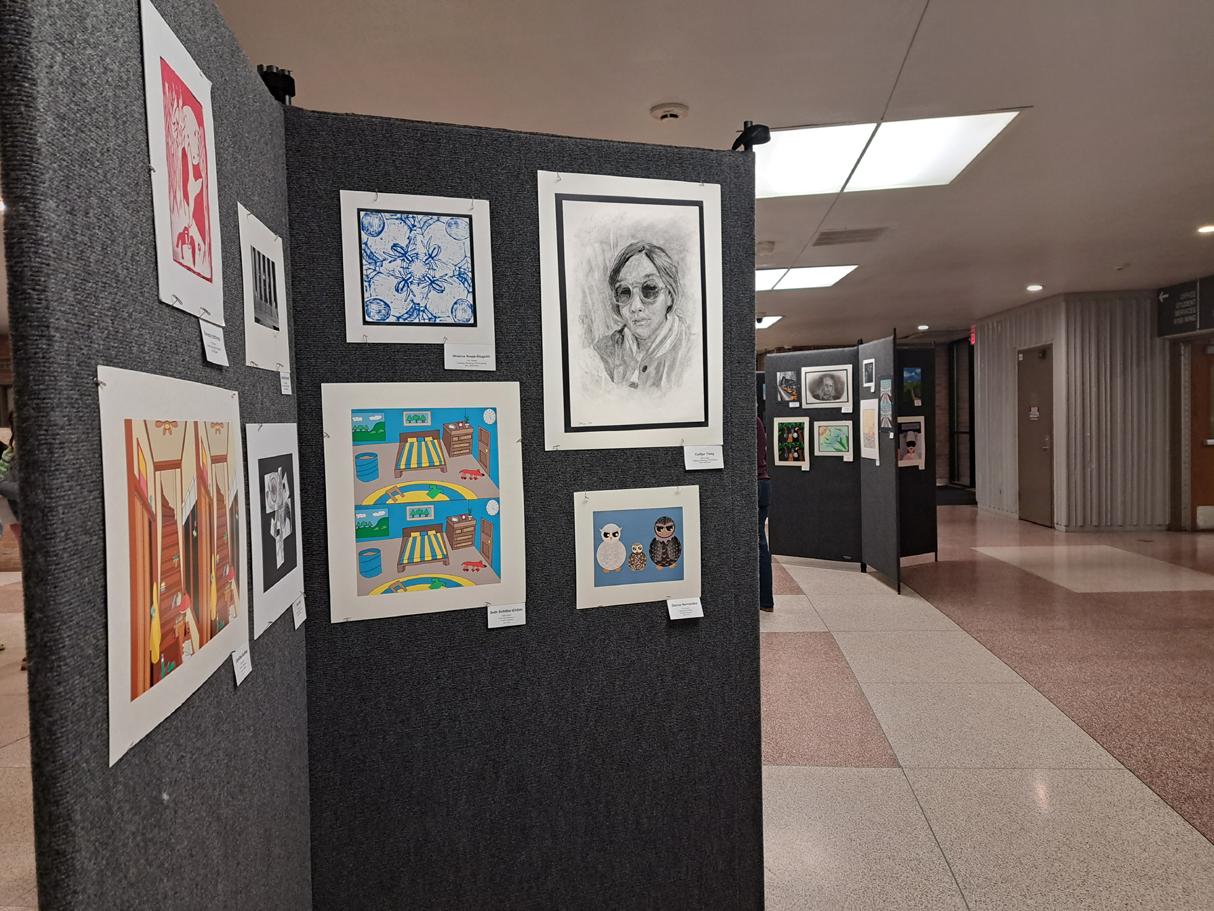
1 minute read
Con: An artificial replacement
ChatGPT,the groundbreakinglanguage modeldevelopedbyOpenAI, hasswiftlycapturedthe imaginationofAIenthusiasts andprofessionalsalike. Poweredbytheimpressive GPT-3.5architecture, remarkable conversational abilities. Trained on vast amountsoftextdata,thisAI modeleffortlesslyengagesin dialogue,offeringinsightful andcontextuallyrelevant responses.Fromcustomer service to education and contentcreation,ChatGPThas providingpersonalized support,tutoring,andidea generation.Althoughithasits limitations and ethical considerations,ChatGPT showcases the immense potentialofartificial intelligence,pavingtheway for a future where humanmachine conversations blur the lines of distinction.

Advertisement
Now, notice how bland, unoriginal and scattered this introduction is? It’s because I had ChatGPT write its own introduction.
ChatGPT and other AI services are a brewing disaster for human creativity and human autonomy likewise. While AI was originally seen to be a service to solve low-level, low-pay
30% of the Huron High School community are “unsure” whether students should be allowed to use AI tools and apps — if cited — to assist with schoolwork. unwanted jobs, the stronger new wave of AI models has moved to taking the process away from creativity and taking the creativity away from the human process. Although we create AI and what it can do, at the pace we are going with rapid AI development, the future can be helplessly bleak if we do not head to caution soon.



ChatGPT may be convenient, but it will never substitute for the real writing and individuality of literature. The convenience can help with simple high school essays, but the quality of writing comes from the person, not the words used. Focus back to the intro for a second. Take note of the boring use of verbs used: “effortlessly,” “contextually relevant,” and “immense potential.” It feels robotic. It isn’t human writing, and it’s obvious, too.
Finally, resorting back to ChatGPT as your source for any writing is a terrible idea.
Researchers at Duke University found that more often than not, ChatGPT will fabricate sources instead of finding the true source of information. AI can be convenient, but it is also sloppy and lazy.
Clearly, ChatGPT solves the convenience issues of writing, but it will never replace the true individuality within human words.








